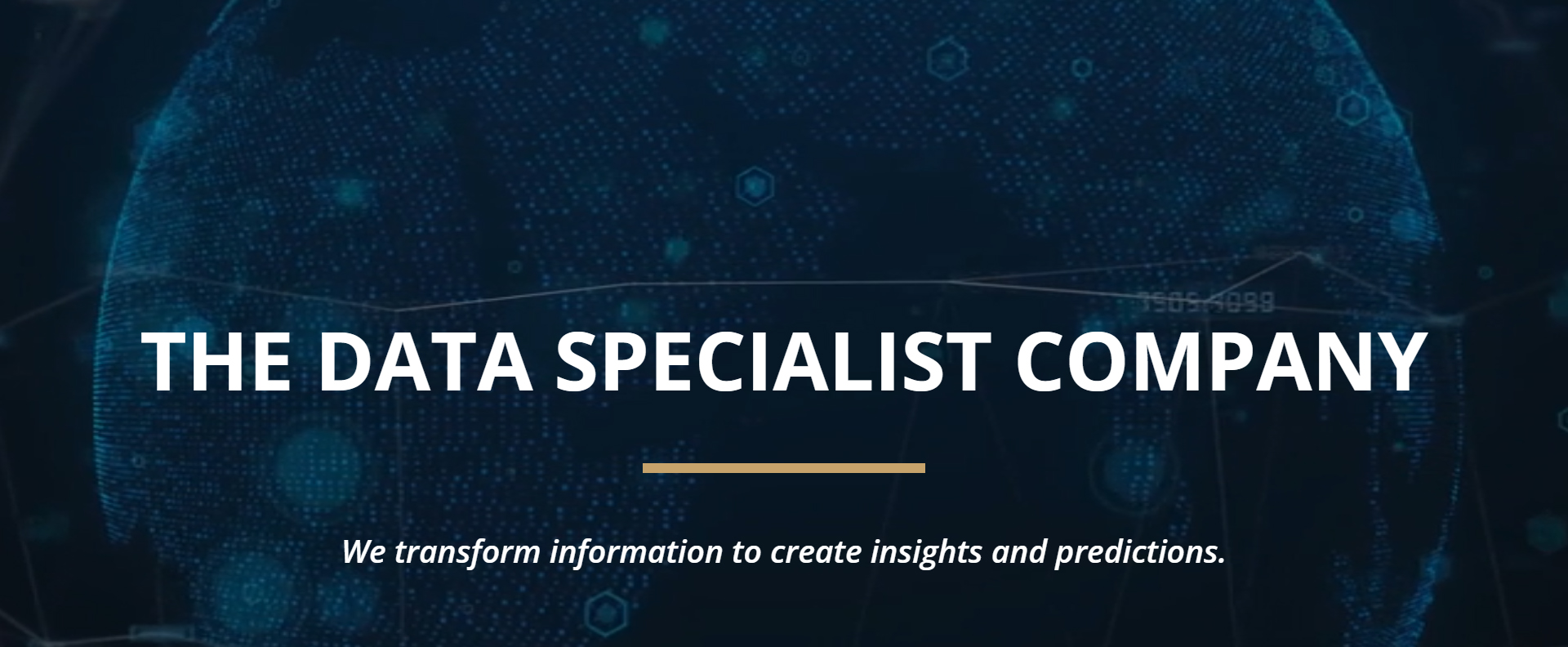We all understand how important data governance is when it comes to the ethical and effective use of advanced technologies like artificial intelligence (AI). But the reverse is also true. Companies can integrate AI into their business processes to help ensure more effective data governance.
It all begins by understanding the data a company has and where it resides. Any data governance framework requires aligning customer data privacy and ethical data handling while still taking care of business. This is especially relevant when it comes to metadata management and ensuring good quality data. The adage of garbage in and garbage out is now more relevant than ever.
General usage
Thanks to the availability of more powerful AI tools that simplify the creation of data quality rules, business owners can play their part in helping ensure the quality of data. AI makes it easier for more general business users who have no background in data science to input layperson sentences. The tool can then suggest potential data quality rules that will automatically be transformed into executable actions once approved.
For any of this to work, the data must be accurate, relevant and ethically sourced. This will help ensure that AI models perform their intended functions correctly. Ethics is, of course, a hot-button topic. What constitutes as ethics may vary between companies, individuals and countries; however, fundamentally, responsible AI involves integrating privacy, security, inclusivity, transparency and accountability from the outset. But more than just the nuts and bolts of technology, companies must adjust their internal structures and what it values as ethics to manage AI responsibly.
Data issues
Any data quality issues must be addressed as close to the source as possible. Getting the business owners involved in the development of data quality rules to improve the data quality process is therefore imperative.
One must remember that any AI model will only ever be as accurate as the data it is trained on. If the data is inaccurate, the results will be as well. Additionally, the company must contextualise the data that the AI model will use otherwise the technology will give answers to the wrong questions.
The data must also be relevant to the topic, which amplifies the mission-critical importance of data governance. This is where metadata becomes essential in terms of knowing whether the data is fit for purpose and accurate.
Regulatory controls
Unfortunately, the local regulatory environment must still catch up with AI. At this stage, there is no set of comprehensive legislation to govern the adoption and use of AI and machine learning in South Africa. Even so, companies can still find themselves on the wrong end of the regulator and other stakeholders if their AI deployment is not compliant with already enforceable data protection regulations.
Aligning responsible AI deployment with sound business ethics is a key part of success in the modern, data-driven environment.
Share

